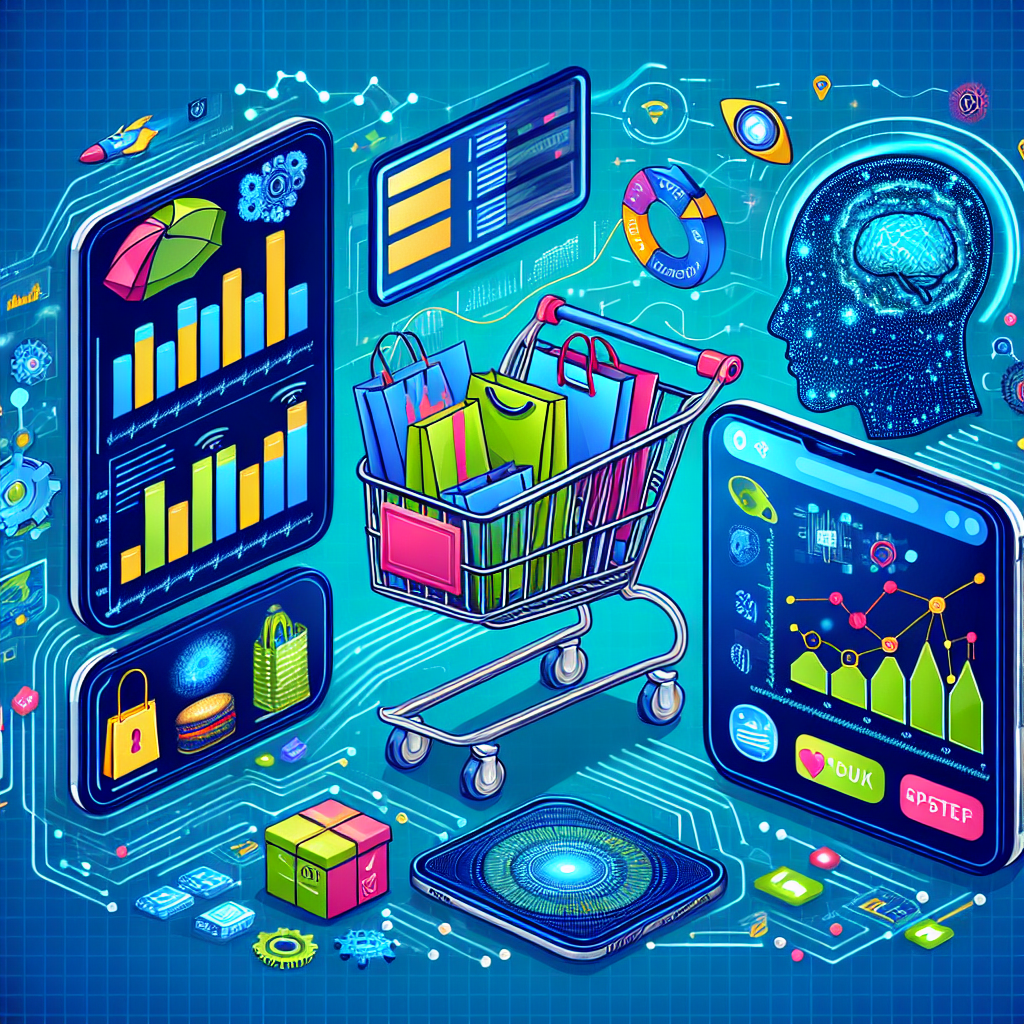The Impact of Generative AI on E-commerce Personalization
Introduction
E-commerce has revolutionized the way people shop, offering convenience, choice, and accessibility like never before. With the rise of online shopping, the challenge for businesses is to provide a personalized shopping experience that meets the individual needs and preferences of each customer. This is where generative AI comes into play, offering a powerful tool for e-commerce personalization.
Generative AI, also known as generative adversarial networks (GANs), is a type of artificial intelligence that can generate new content by learning from existing data. This technology has the potential to revolutionize e-commerce personalization by creating more personalized and engaging shopping experiences for customers. In this article, we will explore the impact of generative AI on e-commerce personalization and discuss its benefits and challenges.
Benefits of Generative AI in E-commerce Personalization
1. Improved Product Recommendations
Generative AI can analyze customer data and behavior to generate personalized product recommendations. By understanding each customer’s preferences, purchasing history, and browsing patterns, e-commerce platforms can offer tailored recommendations that are more likely to result in a purchase. This can help increase sales and customer satisfaction, as customers are more likely to find products that meet their needs and preferences.
2. Enhanced Visual Search
Generative AI can also be used to enhance visual search capabilities in e-commerce platforms. By analyzing images and videos, generative AI can identify patterns and similarities between products, making it easier for customers to find the products they are looking for. This can improve the user experience and increase conversion rates, as customers can quickly and easily find products that match their preferences.
3. Personalized Marketing Campaigns
Generative AI can help e-commerce platforms create personalized marketing campaigns that target specific customer segments based on their preferences and behavior. By analyzing customer data, generative AI can create personalized content, such as product recommendations, ads, and emails, that are more likely to resonate with customers. This can help increase engagement and loyalty, as customers receive relevant and timely offers that meet their needs.
Challenges of Generative AI in E-commerce Personalization
1. Data Privacy Concerns
One of the main challenges of using generative AI in e-commerce personalization is data privacy concerns. Generative AI relies on large amounts of customer data to generate personalized recommendations and content. However, this raises concerns about how this data is collected, stored, and used. Customers may be wary of sharing their personal information with e-commerce platforms, especially if they are not confident that their data will be kept secure and used responsibly.
2. Bias and Fairness
Generative AI algorithms can also be prone to bias, as they learn from existing data that may contain biases or stereotypes. This can lead to unfair or discriminatory recommendations, which can harm customer trust and loyalty. E-commerce platforms must be vigilant in monitoring and addressing bias in their generative AI algorithms to ensure that they provide fair and equitable recommendations to all customers.
3. Scalability
Another challenge of using generative AI in e-commerce personalization is scalability. As e-commerce platforms collect more data and serve a larger customer base, the demands on generative AI algorithms can increase significantly. Ensuring that generative AI algorithms can scale to meet the needs of a growing e-commerce platform can be a complex and resource-intensive process.
FAQs
Q: How does generative AI differ from other types of AI?
A: Generative AI is a type of artificial intelligence that can generate new content by learning from existing data. This sets it apart from other types of AI, such as machine learning or deep learning, which focus on analyzing data to make predictions or classifications.
Q: How can e-commerce platforms use generative AI for personalization?
A: E-commerce platforms can use generative AI to analyze customer data and behavior to generate personalized product recommendations, enhance visual search capabilities, and create personalized marketing campaigns.
Q: What are some best practices for using generative AI in e-commerce personalization?
A: Some best practices for using generative AI in e-commerce personalization include ensuring data privacy and security, monitoring and addressing bias in algorithms, and ensuring that algorithms can scale to meet the needs of a growing e-commerce platform.
Q: What are some examples of e-commerce platforms using generative AI for personalization?
A: Some examples of e-commerce platforms using generative AI for personalization include Amazon, which uses machine learning algorithms to generate personalized product recommendations, and Pinterest, which uses visual search capabilities to help users find products based on images.
Conclusion
Generative AI has the potential to revolutionize e-commerce personalization by providing more personalized and engaging shopping experiences for customers. By generating personalized product recommendations, enhancing visual search capabilities, and creating personalized marketing campaigns, e-commerce platforms can increase sales, customer satisfaction, and loyalty. However, challenges such as data privacy concerns, bias and fairness, and scalability must be addressed to ensure that generative AI is used responsibly and ethically in e-commerce personalization. With careful planning and implementation, generative AI has the power to transform the e-commerce landscape and provide customers with a truly personalized shopping experience.

